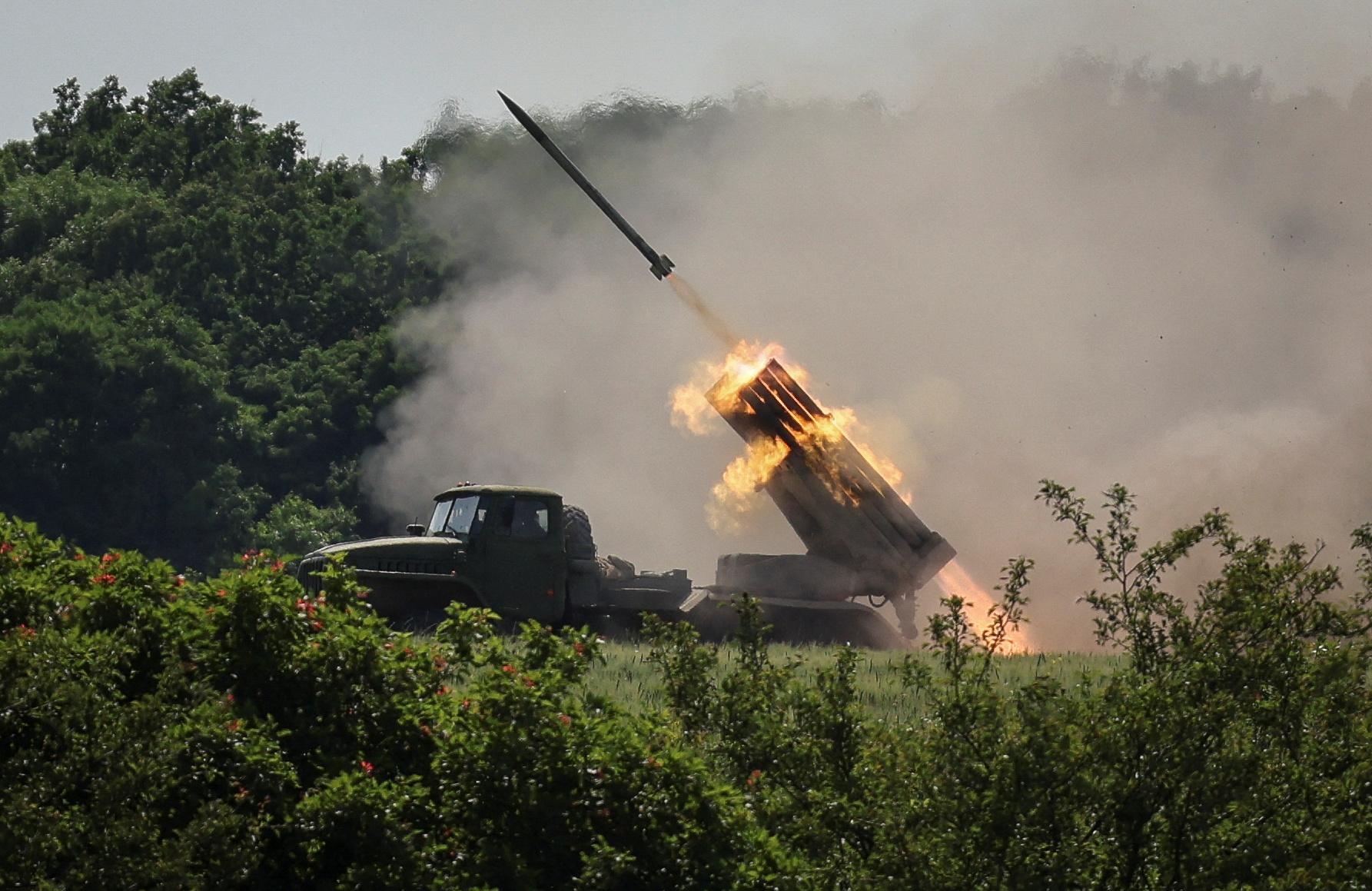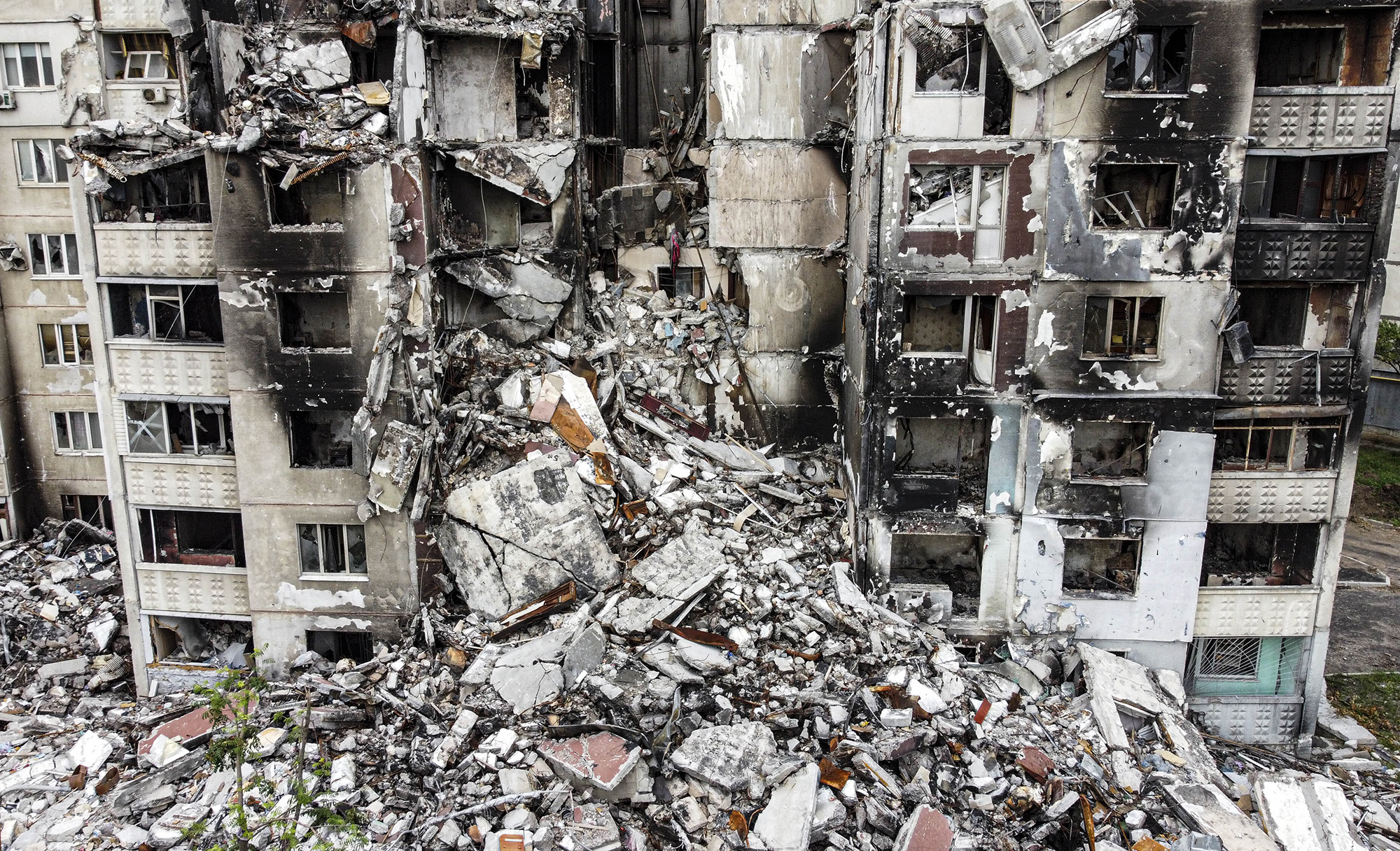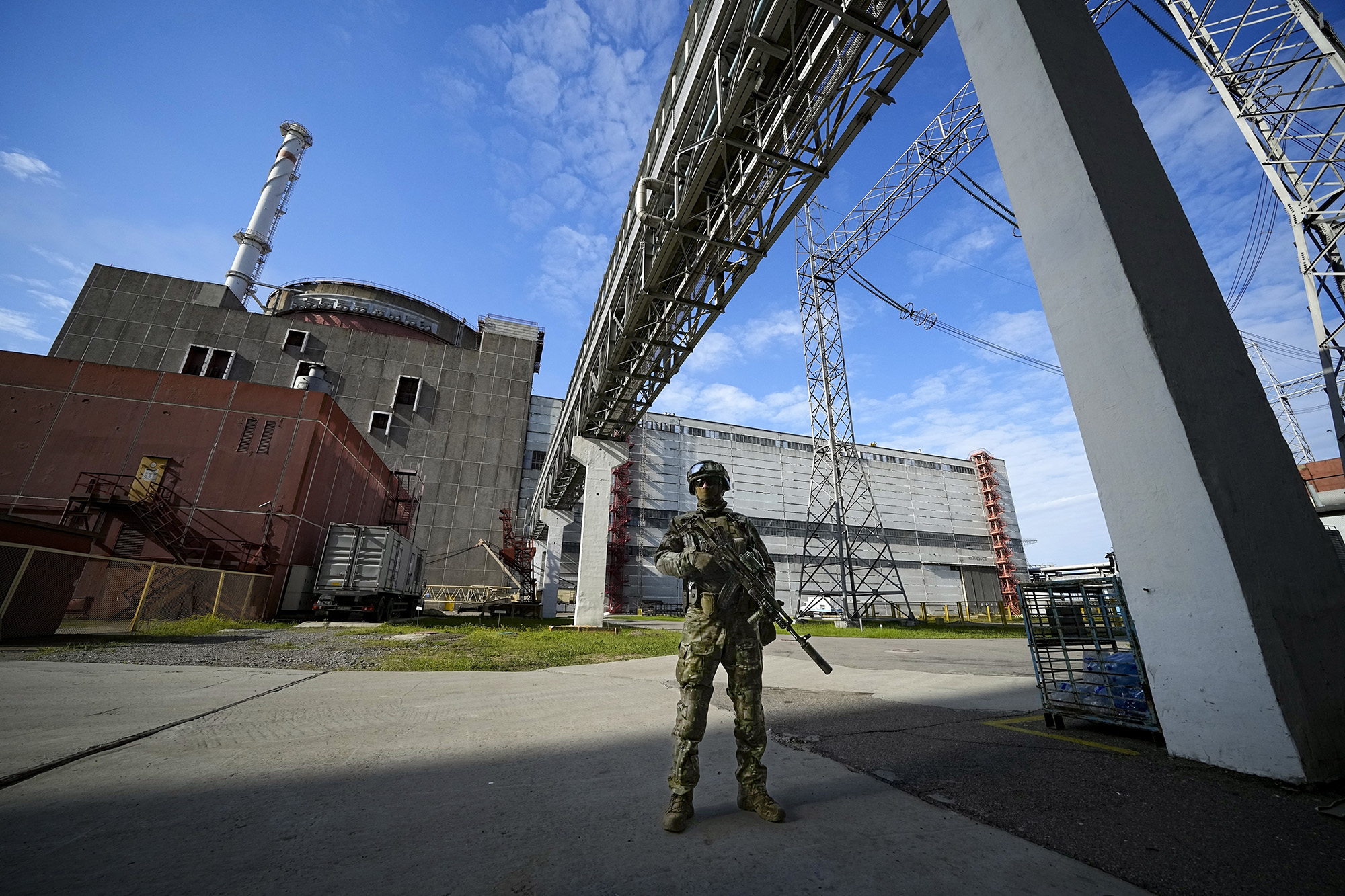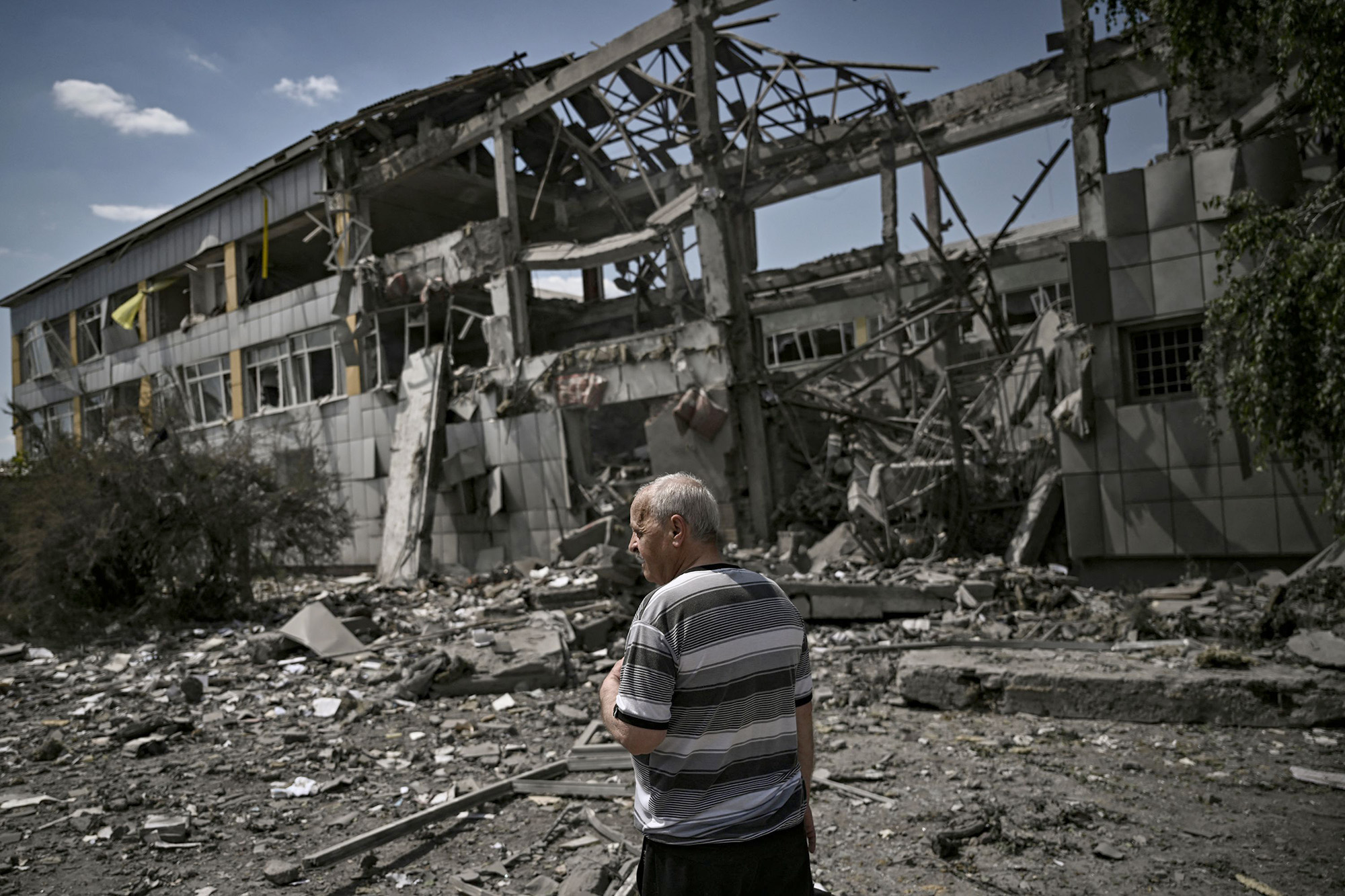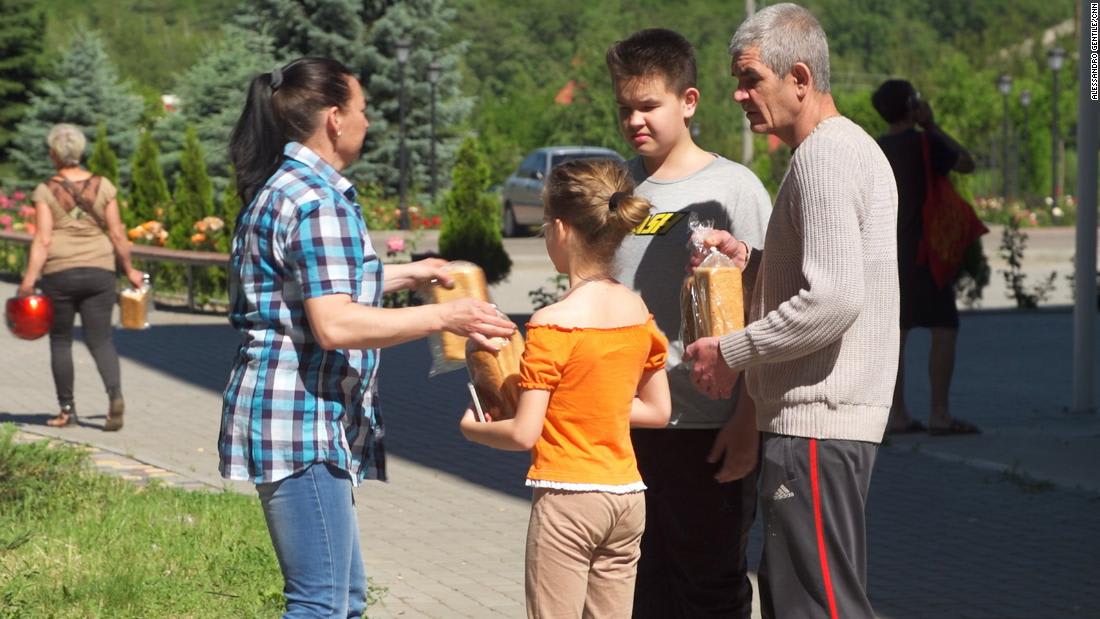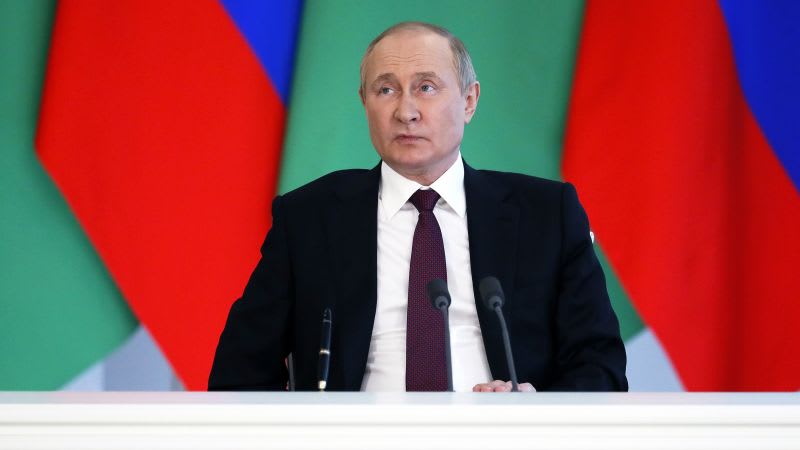Ukrainian forces in Severodonetsk must surrender or face death, a leader of the separatist so-called Donetsk Peoples Republic (DPR) in eastern Ukraine said Monday.
“They have two options: either follow the example of their colleagues and give up, or die,” said Eduard Basurin, deputy head of the People's Militia Department in the DPR, reports Russian state media outlet RIA Novosti.
“They don't have any other option," he added.
Russian forces are now in control of most of Severodonetsk, the epicenter of the bloody battle for Ukraine's eastern Donbas region, but Ukrainian lines to the city do not yet appear to be totally severed.
Serhiy Hayday, head of the Luhansk region military administration, said Monday that Ukraine was still managing to evacuate some people from the city, but it was limited by the scale of bombardment.




